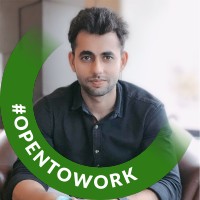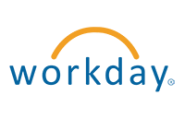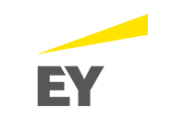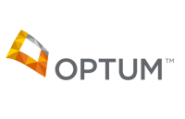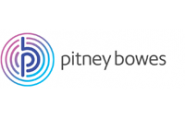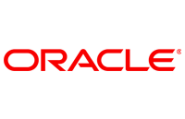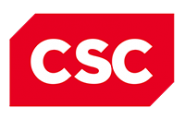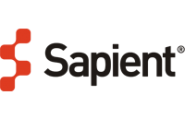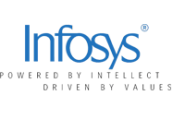Workshop on Certified DevOps Professional
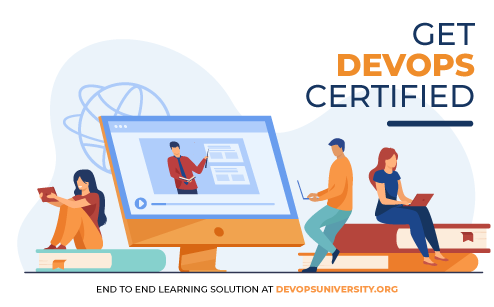
Certified DevOps Professional Course by Devops University is one of the most in-demand courses today. DevOps promotes collaboration and enhances productivity by infrastructure automation and continuous monitoring of applications’ performance.
In Certified DevOps Professional Course by Devops University, you will be trained to become an expert in the principles of Continuous Integration, Continuous Deployment, Continuous Monitoring, Continuous Delivery using tools like Puppet, Nagios, Chef, Ansible, Docker, Git, Jenkins and many more.
49% Discount on
Training Cost
:
$575
$295
Limited no. of seats available
8 – 10 hours/week (Weekend Only)
Training Partner – DevLabs Alliance
Learn by watching videos practice!
“Tell me and I forget, teach me and I may remember, involve me and I
learn.”
Benjamin Franklin’s famous quote has since been
proven by science; educators now call it “experiential learning.”
Program Overview
DevOps University is providing Certified DevOps Professional Workshop with ZERO THEORY & 100% hands-on program at 49% discount, $575 in $295 only. (Certified DevOps Professional Certification Exam cost included).
Certified DevOps Professional Course by Devops University is designed in such a way that help you become a certified DevOps Professional and is based on a combination of theory and its application through extensive hands-on.
In Certified DevOps Professional workshop you will be trained on DevOps essentials, principles of Continuous Integration, Continuous Deployment, Continuous Monitoring, Continuous Delivery using tools like:
- Git
- Jenkins
- Maven
- Docker
- Kubernetes
- Ansible
- Splunk
- Nagios
- Grafana
- Prometheus
- Docker Swarm
- Jenkins Pipeline as Code
Key Features
- Each session followed with hands on
- Industry specific project implementation
- Doubt Clearing and Technical Support
- Lifetime access to the recorded sessions
The Certified DevOps Professional Course by DevOps University will make you proficient in various aspects of DevOps and is designed to help you become a Certified DevOps practitioner and apply the latest DevOps methodology to automate your software development life cycle.
DevOps University will cover a broad array of topics to give you in-depth knowledge about Version Controlling, Code Automation, Automation Testing Framework, Infrastructure as a Code, Continuous Integration, Continuous Deployment and Delivery, Configuration Management, and Monitoring of applications in a very effective manner.
-
Date
29th Jun– 25th Aug2024
Next Batch -
Time
07:00PM – 09:00PM (IST)
09:30PM – 11:30AM (SGT)
02:30PM – 04:30PM (CET)
08:30AM – 10:30AM (EST)
11:00PM – 01:00AM (ACST) - World Clock
-
Training Cost
$575 USD + Taxes $295
(49% Discount) -
Certification Cost
$95 USD (Included)
INSTRUCTOR LED TRAINING
$575 $295
- Hands-on experience
- A Community Of Learning
- An Immersive Learning Experience
- LMS support
CORPORATE TRAINING
(Customized to your needs)
- Certification Based Corporate Training
- Highly qualified and dedicated trainers
- On demand demo sessions
- Help address specific challenges
Thousands of lucrative job
opportunities for Certified DevOps Professionals out there…
Go, Grab them!!!
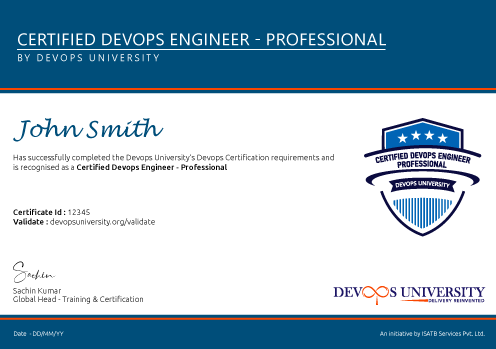
SKILLS COVERED
- DevOps Methodology
- Continuous Integration
- Continuous Delivery
- Configuration Management
- Containerization
- Linux
- Source Control
- Deployment Automation
- Cloud Platforms
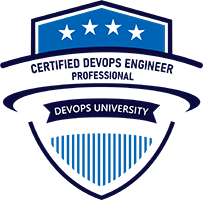
Begin accelerating your career with DevOps today
Whether you are about to venture DevOps or are already working as a part of DevOps team, it is extremely important for an IT professional to have knowledge of the revolutionary transformation DevOps can bring to organizational success and why it is such a buzzword in the industry.
Regardless of the present role in the company, every individual in this digitalization age must consider doing Certified DevOps Professional certification to give the right direction to their DevOps venture.
Benefits for Employees, IT professionals
- It is an official evidence of your knowledge about basic principles of DevOps.
- It gives you an edge over others and helps you get better career opportunities compared to others at the same level.
- 35%+ salary hikes for DevOps engineers (CTC – Online Survey)
Benefits for Employers/Organizations
- Cost reduction due to efficient processes and streamlined workflow.
- With qualified DevOps professionals in the team, productivity is higher.
- Better quality deliverables and higher customer satisfaction.














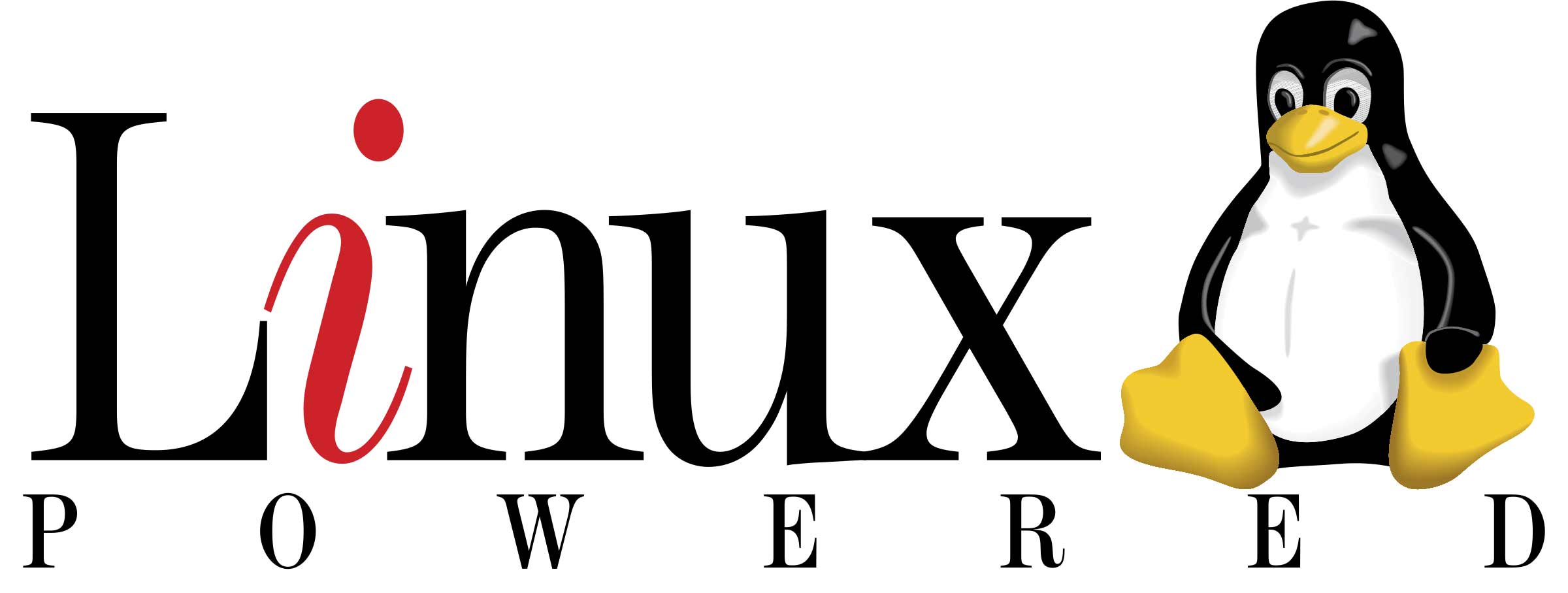
Course Details
Linux Fundamental Training (Self Paced Course)
- Linux Introduction
- Linux commands and tools, and file operations in Linux
- User Administration
- Boot and Package Management
- Linux process and scripting
- Security Administration, Shell Scripting and Virtualization
- Networking
Introduction to DevOps
- What is DevOps?
- IT Evolution
- History of DevOps
- Different Teams Involved
- DevOps definitions
- DevOps and Software Development Life Cycle
- Waterfall Model
- Agile Model
- DevOps main objectives
- Prerequisites for DevOps
- Continuous Testing and Integration
- Continuous Release and Deployment
- Continuous Configuration Management
- Continuous Application Monitoring
- DevOps Toolsets
Cloud Overview - AWS
- Introduction to Cloud Computing
- Introduction to cloud computing world
- History
- Cloud business models
- Public, Private and Hybrid cloud models
- Advantages of cloud computing
- AWS Regions and Availability zones. Tools to access services.
- AWS Cloud Setup – Free Tier
- Overview of the console
- Aws Ec2 (Elastic Compute Cloud)
- Aws S3 (Simple Storage Service)
- Security Groups
GIT
- Version Control System
- Centralized & Distributed Version Control System
- Anatomy of GIT
- GIT Features
- Git Commands
- 3-Tree Architecture
- GITHUB Projects
- Git Repositories
- GITHUB Management and Commands
- Clone
- Checkout
- Commit
- Push
- Merge
- Pull Request
- Fork/Pull
- Git Branches
- Remote branch
- Local branch
- Advantages of Git
Build Tools – Maven
- Java Compiler
- Maven Life Cycle
- Maven Installation
- Maven build requirements
- Maven POM XML File
Jenkins
-
- Getting started with Jenkins
- Overview
- How to Take this Course and How to Get Support
- About Continuous Integration
- Introduction to Jenkins and the History of Jenkins
- Install Java
- Install Jenkins
- Jenkins' Architecture and Terms of Jenkins
- Overview of Jenkins UI:
- Dashboard and Menus
- Create Our First Jenkins Job
- Run our First Jenkins Job
- Email configuration, Global Security, Master-Slave Architecture.
Continuous Integration (CI) with Jenkins
-
- Install Git and Jenkins GitHub Plugin
- Install Maven on Our Local Box
- Configure Jenkins to Work with Java, Git and Maven
- Text Direction: Create our First Maven-based Jenkins Project
- Create our First Maven-based Jenkins Project
- CI Pipeline
- Compile
- CodeReview
- UnitTest
- CodeCoverage
- Package
- Integration with JFrog and Sonar
- Run our First Jenkins Build and Jenkins Workspace
- Trouble Shooting: Run our First Jenkins Build and Jenkins Workspace
- Triggers in Jenkins
Continuous Delivery with Jenkins
- Archive Build Artifacts
- Install and Configure Tomcat as the Staging Environment
- The latest Deploy to Container plug-in
- Jenkins Build Pipeline
- Parallel Jenkins Build
- Master and slave
- Deployment
Containerization – Docker
-
- Overview & Setup
- What is docker & why
- Docker Editions: Which Do I Use
- Docker Version Format Change in Early 2017
- Docker Support for Different OS
- Docker for Windows
- Docker for Mac
- Docker for Linux
- Docker for Linux Setup and Tips
- Download Docker CE for your Linux distribution
- Download Docker Compose
Introduction to Docker Components
-
- Docker Hub (public repo)
- Docker Trusted Registry (Private repo)
- Docker Engine
- Docker Container
- Docker Image
- Docker Compose
- Docker Swarm
- Docker Services
Docker Images
-
- Image? What is it in Docker World?
- Official Docker Image Specification
- Centre for Images: The Docker Hub (Public)
- List of Official Docker Images
- Working with Images: image layers, tagging, Pushing to Docker Hub
- Building Images: The Dockerfile Basics
- Build Your Own Dockerfile and Run Containers
Docker Containers & Internals
-
- Container VS. VM
- Detached and Interactive Modes
- What Happens When We Run a Container?
- What's Going on In Containers: CLI Process Monitoring
- Getting a Shell Inside Containers
- Container Lifetime & Persistent Data Using Volumes
- Docker container Networking, default & user defined networks
Docker Compose
- Spin up multiple containers with Single command
- Docker Compose and the docker-compose.yml File
- Running Compose Commands
- Adding Image Building to Compose Files
Docker Swarm
- Introduction to Swarm & Advantages
- How to create a swarm (cluster of nodes)
- How to add nodes to swarm
- How to deploy services/containers to swarm
- Docker stack deploy
- Introduction to UCP (universal control pane)
Kubernetes
- What and why is Kubernetes
- Comparison with Docker Swarm
- Installation
- Components and Terminology
- Masters and Nodes
- Pods
- Replications
- Services
- Deployment
Configuration Management - Ansible
- Introduction
- Ansible Server / Ansible Controller
- Ansible and Infrastructure Management
- Ansible Server Configuration file
- How Ansible picks the configuration
- Update MISC parameters
- Ansible Inventory
- Ungrouped Hosts
- Grouped Hosts
- Groups of Groups
- checking connection to remote nodes o SSH Keys
- Using username/password
- Ansible Facts
- Ansible Playbooks
- 'hosts' parameter
- 'become' parameter
- 'gather_facts' parameter
- 'tasks' parameter
- Conditions
- Loops
- with_items
- How to store output of one task and use it in another task
- Variables
- Roles
- MISC
- Ansible Vault
- Ansible Pull
- Ansible Galaxy
- Ansible AWX (Tower)
- Use cases and Examples
- Overview of Puppet
- Comparison of Ansible and Puppet
Logging – Splunk
- What Is Splunk
- About Machine Data
- What does Splunk Do?
- Why Splunk
- Understanding Splunk Architecture & its Components
- Installation of Splunk and Forwarder
- Splunk Search
- Use cases and Examples
Infrastructure Monitoring – Nagios
- Infrastructure monitoring Intro
- Nagios Core vs XI
- Setting up Nagios
- Configuring Windows & Linux Hosts
- Configuring Alerts and Email Notifications
- Plugins
- Introduction to Prometheus and Grafana
- Container monitoring with Prometheus and Grafana
CICD Pipeline with Jenkins Pipeline as Code
- Introduction to JPaC
- Types of JPaC
- Declarative
- Scripted
- Pipeline as a code basics
- Building a basic CI pipeline as code for Java app
- Building a job from pipeline code present in GIT repo.
- Executing parallel stages in a pipeline
- Generating pipeline script & directives using Jenkins inbuilt generators.
Terraform
- Introduction to Configuration Management
- Introduction to Provisioning
- Infrastructure as a code
- About Terraform
- Setting up Terraform
- Understanding HCL
- Basics of Terraform — variables, templates, modules & commands
- Terraform for Local Changes
- Terraform on AWS
- Terraform on Google Cloud
Microservices
- Evolution of Microservices
- Monolithic Architecture
- Service Oriented Architecture
- What is Microservice
- SOA vs Microservice
- Microservice Develop
- Write First Microservice
- Microservice Testing
- Testing Scenarios and Strategy
- Test at Different levels
- Deploying Microservice
- Setting Up CICD pipeline
- Touchless Deployment to Prod Environment
Learner Reviews

Siddhant Wankhade
I attended the session in March 2021, as of my experience, it is so helpful to me to work with the deployment of my working project, all given hands-on and knowledge delivery, its too good, in the given session, one to one discussion had cleared my doubts. Thank you for providing in-depth training.

Dhiren Vajani
It’s a great DevOps course. I am so glad that I took this course. It focuses on DevOps components, related processes, and reasons for implementing DevOps not only but with practical stuff too. The instructor was excellent – clearly explained things and made it easy to comprehend the learning objectives.
Live Virtual Classroom
Engage and learn more with these live and highly-interactive classes alongside your peers
24/7 Teaching Assistance
Keep engaged with integrated teaching assistance in your desktop and mobile learning
Hands-on Program
A complete hands-on practical oriented workshop














